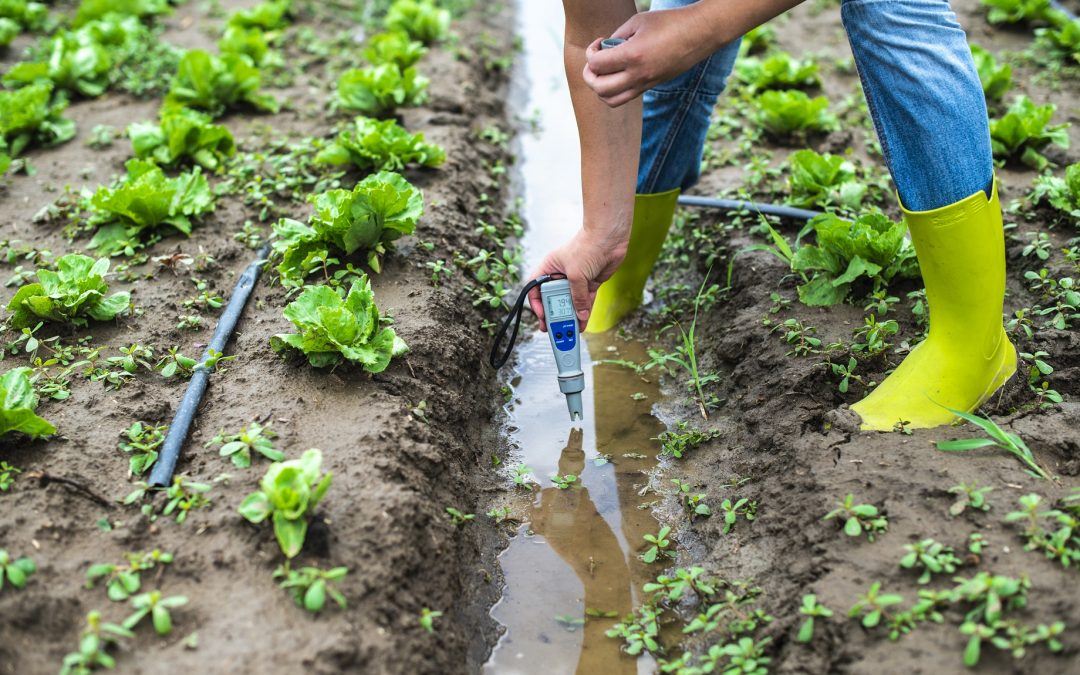Every small farm in the world depends on a source of clean freshwater in order to sustain crops and livestock. Some farmers use wells, others irrigate water directly from nearby rivers, streams, lakes, and ponds. No matter where it comes from, all agriculture requires a reliable and consistent supply of clean groundwater.
Unfortunately, groundwater pollution has in recent years become a widespread and highly destructive problem in the agricultural community. When groundwater pollution is allowed to continue unabated, the results can be catastrophic to a small farming operation. It’s crucial, therefore, for small farmers to understand the risks of groundwater pollution and how to prevent it. This article will discuss the problem of groundwater pollution, and how first-time farmer loans can keep your water supply clean.
Where Does Groundwater Pollution Come From?
There are many different sources of water pollution. For simplicity’s sake, we can divide them into two basic categories: “point sources” and “nonpoint sources.”
- “Point source pollution,” on the one hand, refers to pollution that can be traced back to a single, definable source. Leaky pipelines, for example, are a common “point source” of freshwater pollution.
- “Nonpoint source pollution” – also known as “runoff” – occurs as a result of over-saturated soil that can no longer retain moisture. This second type of pollution typically occurs after heavy rains, floods, or over-irrigation. It’s destructive in its capacity to carry pollutants in the soil to neighboring areas.
Three Ways to Protect Your Groundwater from Pollution
Groundwater pollution, in other words, often occurs as a result of forces that are beyond our control. That said, there are strategies that farmers can employ now to ameliorate the risk of pollution reaching their water supply.
Here are three of the most common and the most effective:
- Minimize your use of chemicals. Chemicals (such as pesticides) are one of the most harmful pollutants in use today. To preserve the integrity and cleanliness of your groundwater, consider cutting back on using harmful chemicals on your small farm.
- Limit the grazing range of livestock. Bacteria from manure can also be detrimental to a water supply. If you raise livestock, it’s important to install fences to keep your animals away from vital streams or rivers.
- Utilize “crop buffers.” Even with fences in place, bacteria from manure can still occasionally travel underground and infect a nearby water supply. To prevent this, farmers are encouraged to plant “crop buffers” between grazing areas and water sources. Simple plots of grass, for example, can absorb and use the bacteria before it has a chance to infiltrate groundwater.
How First-Time Farmer Loans Can Help
Cutting back on groundwater pollution will require some operational changes, which in turn will require a small financial investment. But don’t let that stop you! With the help of a first-time farmer loan, farmers like yourself can get the financial assistance they need to reduce water pollution.
Contact Us Today
Contact MSF Agriculture today to find a first-time farmer loan that will help you to protect your water supply and the future of your farm!

